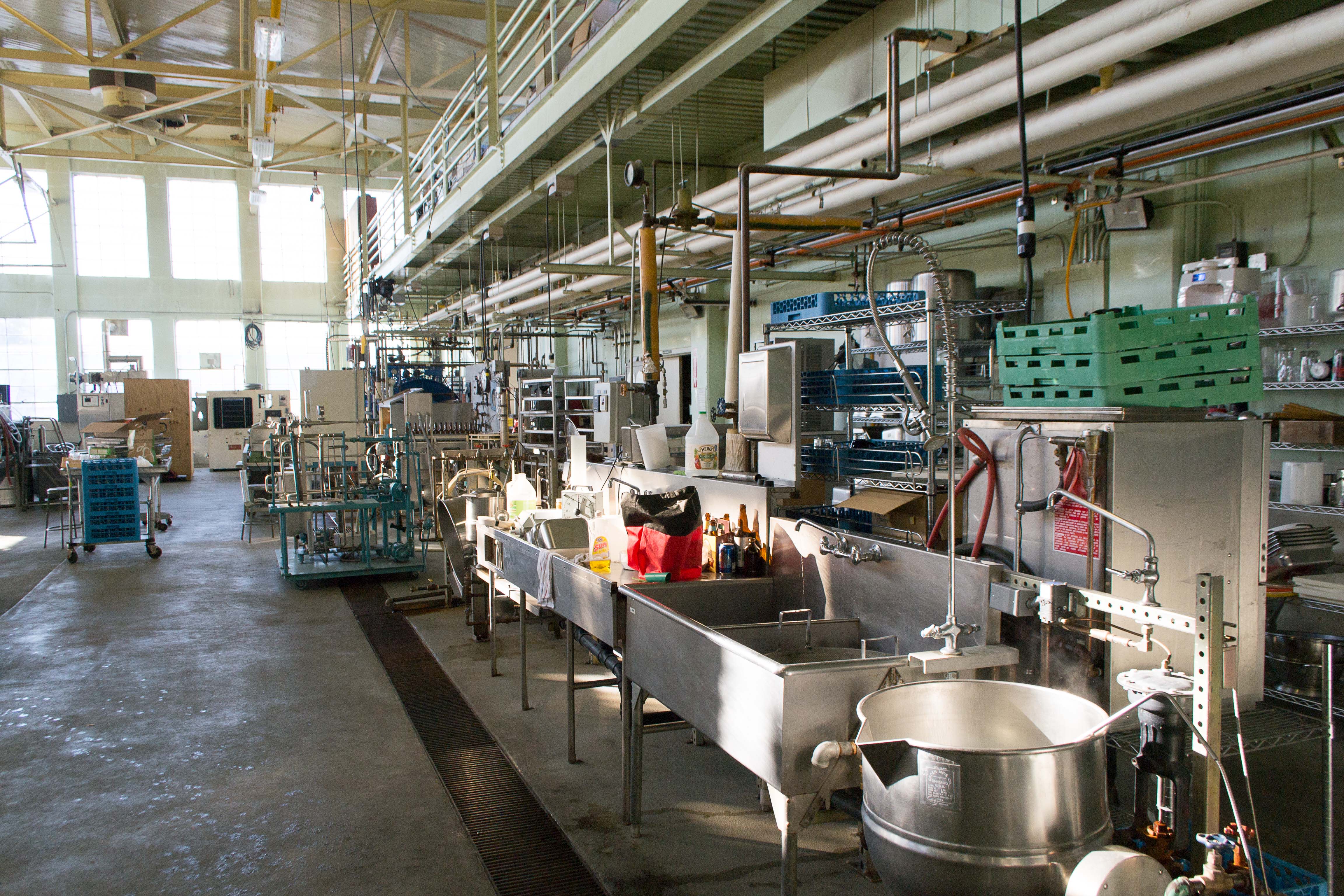
Photo from academic.microsoft.com
Encapsulation is a promising technological process enabling the protection of bioactive compounds against harsh storage, processing, and gastrointestinal tract (GIT) conditions. Legume proteins (LPs) are unique carriers that can efficiently… Click to show full abstract
Encapsulation is a promising technological process enabling the protection of bioactive compounds against harsh storage, processing, and gastrointestinal tract (GIT) conditions. Legume proteins (LPs) are unique carriers that can efficiently encapsulate these unstable and highly reactive ingredients. Stable LPs-based microcapsules loaded with active ingredients can thus develop to be embedded into processed functional foods. The recent advances in micro- and nanoencapsulation process of an extensive span of bioactive health-promoting probiotics and chemical compounds such as marine and plant fatty acid-rich oils, carotenoid pigments, vitamins, flavors, essential oils, phenolic and anthocyanin-rich extracts, iron, and phytase by LPs as single wall materials were highlighted. A technical summary of the use of single LP-based carriers in designing innovative delivery systems for natural bioactive molecules and probiotics was made. The encapsulation mechanisms, encapsulation efficiency, physicochemical and thermal stability, as well as the release and absorption behavior of bioactives were comprehensively discussed. Protein isolates and concentrates of soy and pea were the most common LPs to encapsulate nutraceuticals and probiotics. The microencapsulation of probiotics using LPs improved bacteria survivability, storage stability, and tolerance in the in vitro GIT conditions. Moreover, homogenization and high-pressure pretreatments as well as enzymatic cross-linking of LPs significantly modify their structure and functionality to better encapsulate the bioactive core materials. LPs can be attractive delivery devices for the controlled release and increased bioaccessibility of the main food-grade bioactives.
Journal Title: Comprehensive reviews in food science and food safety
Year Published: 2021
Link to full text (if available)
Share on Social Media: Sign Up to like & get
recommendations!